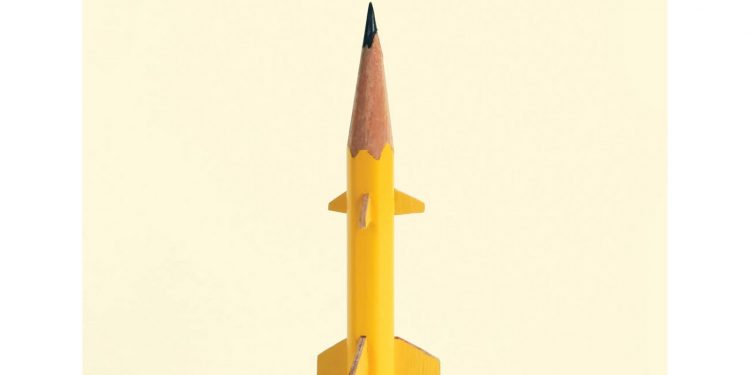Remember the saying, “Sticks and stones may break my bones, but words can never hurt me”? Well, not any more. In what has been described as an “embattled age”, anything can be turned into a weapon, including words.
Once it is out there, it is difficult to take back the words that have been “weaponised”, especially incendiary ones that foster hate.
What is privilege?
Social privilege, or just “privilege” for short, refers to certain social advantages, benefits, or degrees of prestige and respect that an individual has by virtue of belonging to certain social identity groups.
According to the Cambridge dictionary, the word privilege is defined as an advantage that only one person or group of people has because of their position in the community or because they are rich. The term was initially used to pick out forms of unfairness that people would like to address and seek solutions to.
But in today’s era of unrestrained woke-ism, anger rules the day. Fingers are pointed in all directions and lines drawn. People are arbitrarily forced into binary groups, seen as “with us” or “against us”.
Those who are unfortunate enough to be on the other side are dehumanised, stripped of all their thoughts and emotions, and seen as nothing more than an embodiment of everything that is wrong with the world.
Instead of a genuine attempt to find real solutions to real problems, the term has now become weaponised, shutting down conversations and invalidating the other party, simply because “they have it better”.
A professor of English at Skidmore College Robert Boyers, summed up the use of the term as the modern day’s weapon of choice.
“The charge of “privilege” is usually directed at its targets not with the prospect of enlisting them in some plausible action to combat injustice but instead to signal the accuser’s membership in the party of the virtuous. Accusations of “privilege” have become a form of one-upmanship, and a charge against which there is no real defence.”
To be clear, my piece is not denying the existence of the advantages that are only accorded to certain groups of people. The advantages can come in different forms, sometimes conferring one with better opportunities in life. Other times, it can be as simple as being free from discrimination when it comes to jobs and housing.
On the contrary, I am recognising the inequities in society and take the view that the utmost priority is to find solutions to them, instead of engaging in hollow rhetoric.
Weaponising the term “privilege” as a means to shut people down and pit them against each other only serves to raise tensions unnecessarily and create further divisions.
A case in point would be when former US President Donald Trump incited hatred by creating divisions between his supporters and opponents, resulting in the attack on the US Capitol Building.
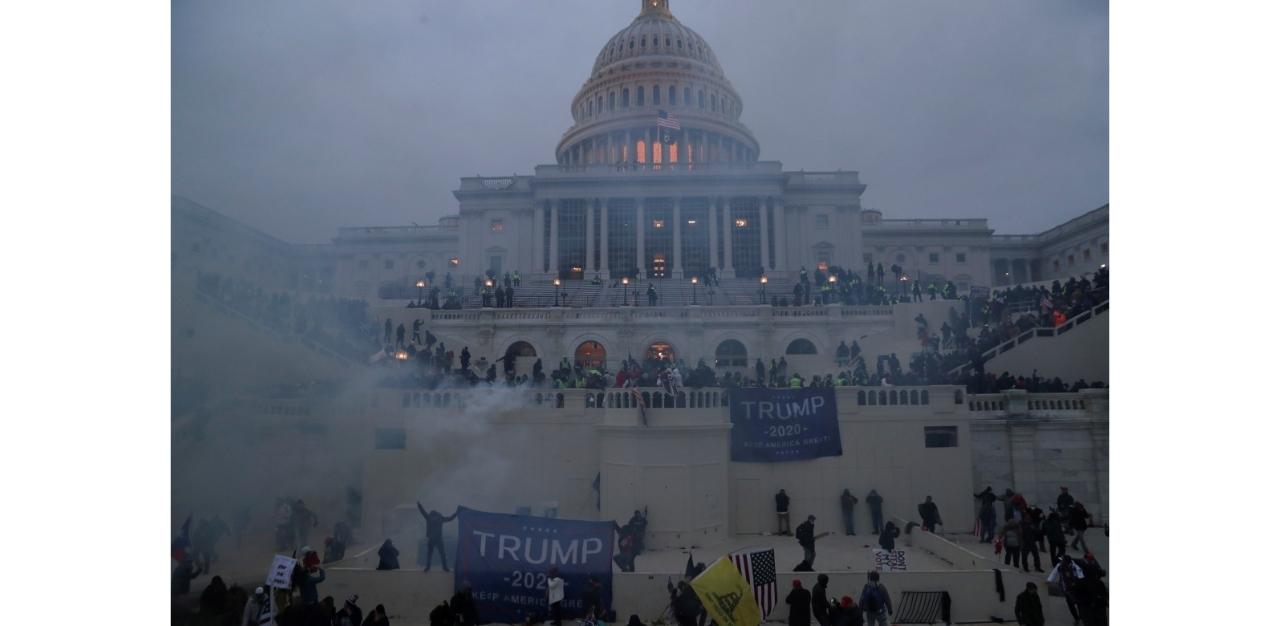
According to Dr Shaun R. Harper, the Clifford and Betty Allen Professor at the University of Southern California Rossier School of Education and executive director of the USC Race and Equity Center, the storming of the US Capitol was a case study in white privilege.
He expressed his shock as he watched televised news coverage of hundreds of people storming and overtaking the Capitol in January 2021 and how boldly they flooded one of the highest-security buildings in Washington DC.
Founding editor of ESPN Magazine and its former vice president Roxanne Jones wrote, “To be Black in America is to live with constant trauma. For Trump and many in the Republican party who seem more interested in taking America to the brink of a civil war for personal political gain rather than holding our nation together, the Lafayette Park protesters were criminals of the worst kind.”
As a result, society ends up moving further away from real solutions.
If we truly want to shape the society we live and work in into a more equitable one, everyone, regardless of how “privileged” he or she is, can and should be part of the solution.
The “Chinese privilege” in Singapore and the problem with viewing Chinese Singaporeans as homogenous
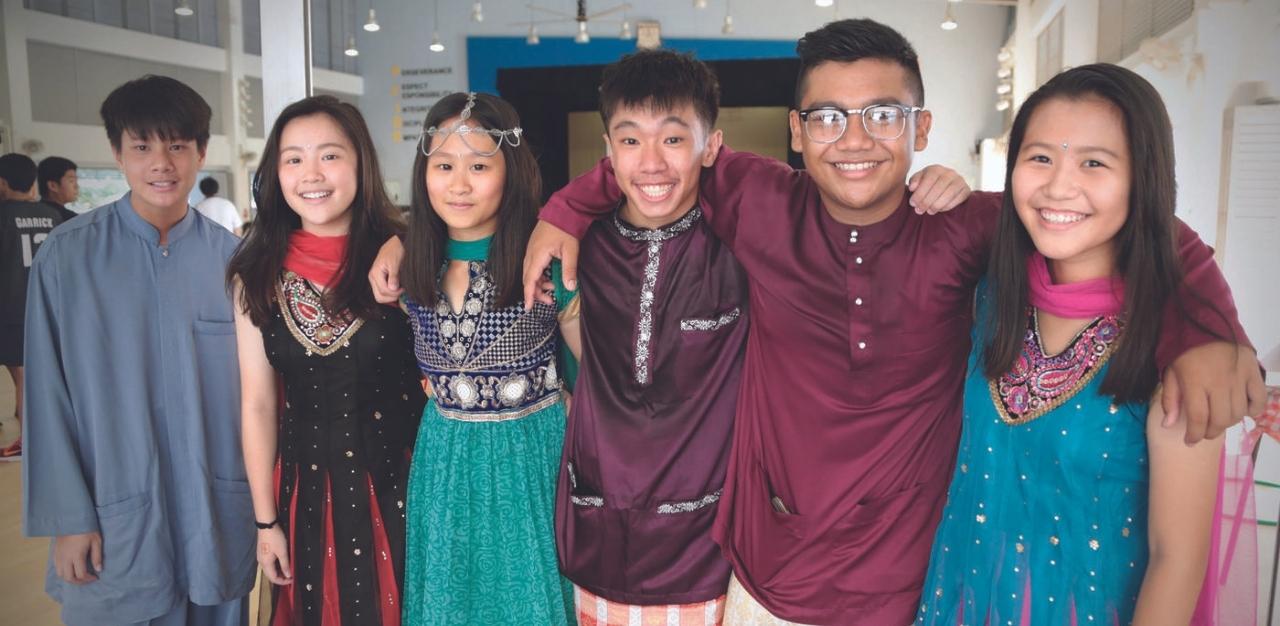
There are many forms of “privileges” in Singapore, but for the sake of this argument, I am focusing on one of the most contentious ones, “Chinese privilege”.
The weaponisation of the word “privilege” started with “white privilege” in the United States (US). It is a concept that highlights the unfair societal advantages that white people, who are the majority, have over people of colour. It is something that is pervasive throughout the society in the US and exists in all of the major systems and institutions that operate there, as well as on an interpersonal level.
This idea that the majority race enjoys certain privileges made its way to Singapore, where at 75 per cent of the population, ethnic Chinese Singaporeans are seen as the equivalent of the whites in the US.
Although the Government and academics have warned against seeing Chinese privilege as the local equivalent of American white privilege due to the vast differences in history and racial relations, the concept has, nonetheless, taken root here.
However, it is overly simplistic to categorise all Chinese Singaporeans as one and the same. In reality, not all Chinese enjoy “Chinese privilege”. On 22 January, president of the youth wing in the Workers’ Party Nicole Seah posted her thoughts on Chinese privilege on her Facebook page after having done an interview with CNA.
Ms Seah admitted that Chinese privilege exists but it is also dangerous to fall back on such labels “because sometimes it hurts the conversation”. “Sometimes it’s really not a matter of like ‘oh, this person has Chinese privilege’, but it could be that that person is just individually a really nasty person. Let’s just focus on having a more honest conversation about what we need to do better as a people,” she wrote.
As Minister Lawrence Wong highlighted, “it is important to realise that the Chinese community in Singapore is not monolithic”, before adding,
“We still have a whole generation of Chinese Singaporeans who are more comfortable in Chinese than English, and who consider themselves at a disadvantage in an English-speaking world.
They feel that they have already given up much to bring about a multi-racial society; Chinese-language schools, Nanyang University, dialects, and so on.
What do you mean by ‘Chinese privilege?’ they will ask, for they do not feel privileged at all. Naturally, many of them would object to being so characterised.”
Mr Wong did acknowledge, however, the presence of “biases or blind spots that the Chinese community should become aware of and to rectify”.
So, is there really a Chinese privilege in Singapore?
The answer from the Government is no. At the National Day Rally speech in 2021, Prime Minister Lee Hsien Loong spoke out publicly to deny the existence of Chinese privilege in Singapore:
It is “entirely baseless” to claim that there is “Chinese privilege” in Singapore, said Prime Minister Lee Hsien Loong on Sunday (Aug 29), noting that Singapore treats “all races equally, with no special privileges”.
Other public figures, including actor Tay Peng Hui, shared that having grown up in a Mandarin-speaking home and with 90 per cent of his friends being Chinese up till when he served National Service, he was “very comfortable, with everyone around me Chinese”. I thought I probably didn’t need to know about the other races. It doesn’t mean that I had Chinese privilege, but I must acknowledge I had a majority blind spot,” he said.
It was only after Tay experienced racism when he was abroad did he realise how minorities in Singapore must feel.
Yes, there is discrimination
The reason for calling out “Chinese privilege” largely stems from the discrimination that minority races face in their daily lives.
Despite reciting “regardless of race, language and religion” in the Singapore pledge every day since we were five, racial discrimination still exists, sometimes blatantly.
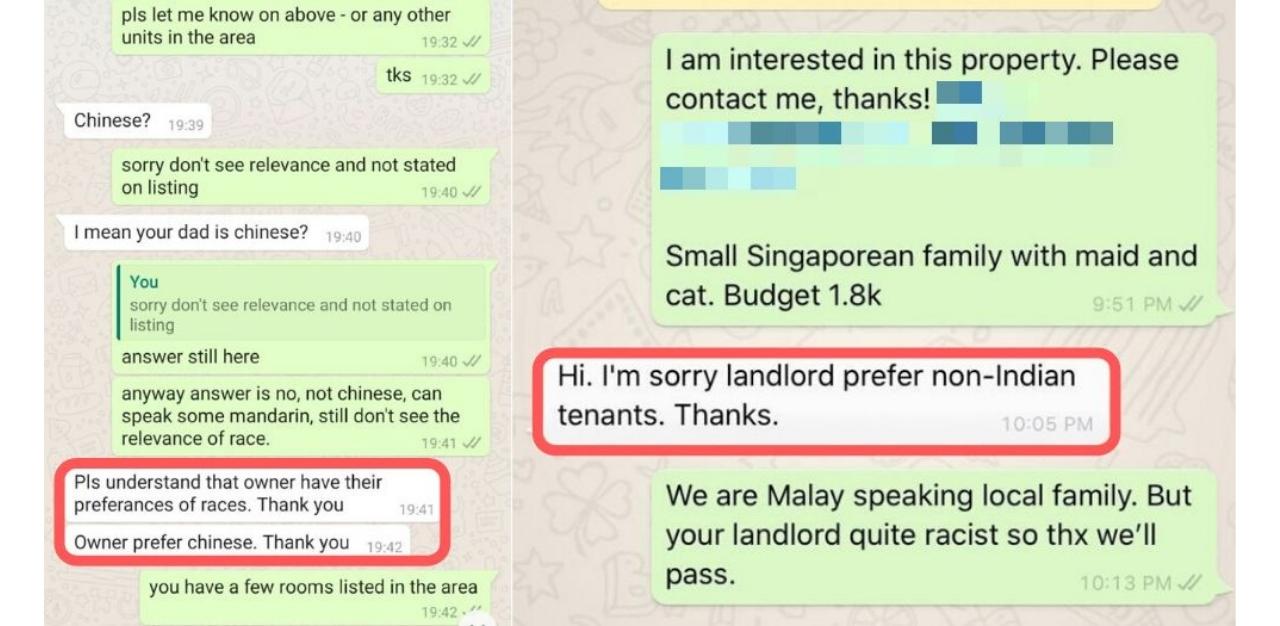
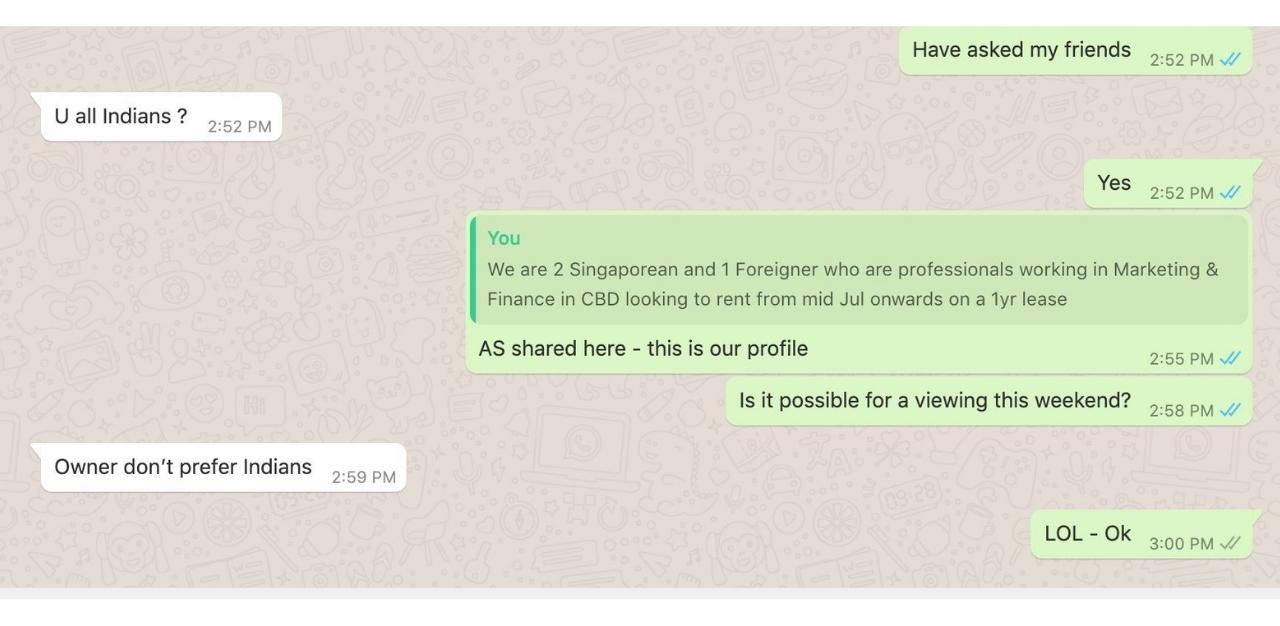
One of the ways racial discrimination manifests itself is choosing where we live. It has been a longstanding issue that some Chinese homeowners outrightly express a preference for renting to “a particular race”.
There are stories on ethnic minorities enquiring about renting or showing up for a viewing. They are usually told by property agents that they are unable to proceed. The owner had refused to rent the unit because of their race.
Although not all homeowners practice this discrimination, it is still an ongoing problem.
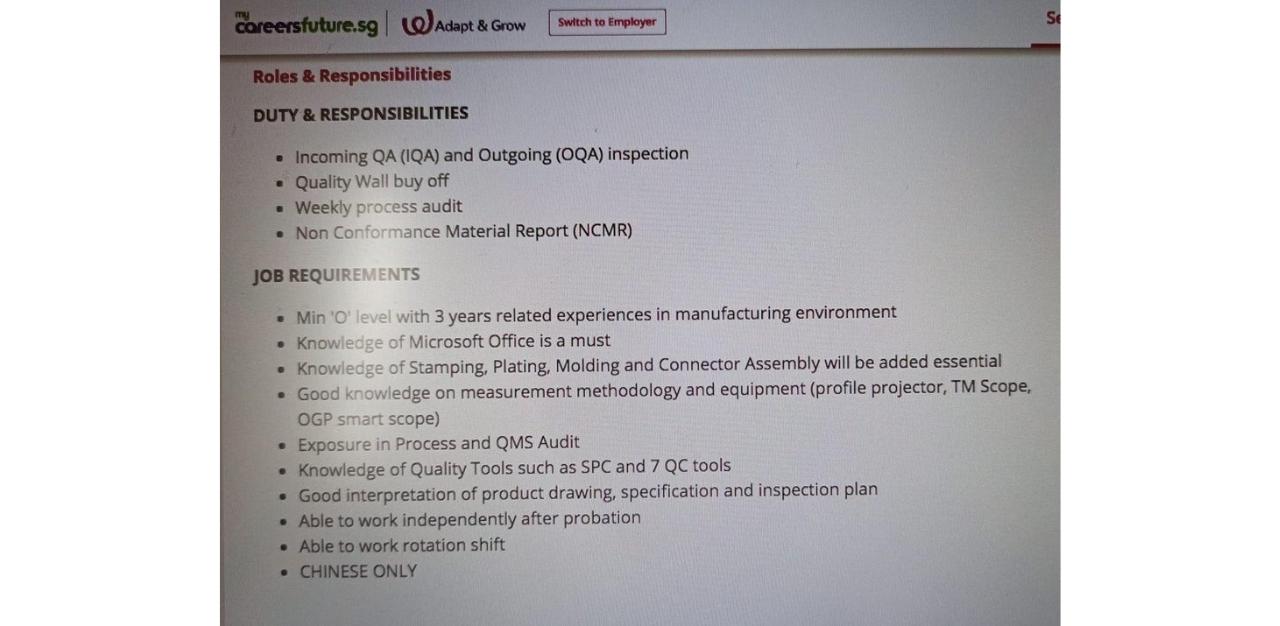
Another area where racism rears its ugly head is in job recruitment. Ethnic minorities have long complained about the difficulties during job searches, with some employers preferring to hire people of Chinese ethnicity, or Chinese speakers.
While it is understandable that some jobs require proficiency in certain languages due to operational needs, it is not a must for most other jobs.
Besides, ethnicity has nothing to do with a person’s capabilities at work and should not be a deciding factor in whether he or she gets the job.
The problem with framing discrimination as privilege
Racial discrimination is wrong and needs to be addressed, but it would be counterproductive to frame this injustice as a “privilege” for several reasons.
1) Obstacles to having inclusive conversations
Whenever my acquaintance Emily’s close friend, who is Indian, complains about being discriminated against in her job searches, she would try to comfort her or to understand about her friend’s predicament, only to be met with a you-wouldn’t-understand-because-you-are-Chinese reply.
Also, coming from a well-to-do family, there are also times when people not-so-subtly “remind” Emily of her “privileged” position in life.
That same friend also lamented that she had to fix her old oven that had broken down, before adding that Emily would not understand because of her wealthy background.
And this is what happens when the word “privilege” is weaponised, resulting in a stand-off and the opportunity to understand each other better and to offer solutions is lost.
2) Creating a guilt-complex and encouraging the blame game
Another of my friends, Mildred, thinks that there has been too much hype about “privilege”.
“It forces people to over-examine themselves, and suddenly everything becomes a privilege — being Chinese, being a graduate, even owning a car”, says the lecturer in her late-thirties.
She goes on to question what the definition of privilege is and who gets to decide before adding that the term has become a tool to shut people down, judge others, and to create divisions between those who are arbitrarily defined to be on opposing sides.
However, Mildred acknowledges that the term “privilege” is beneficial if used appropriately as “it enables people to reflect”. “But when it is overused, it loses this effect and instead becomes a blanket label to criticise people and policies,” she adds.
Finally, she feels that the weaponisation of the term might have something to do with the “woke” generation, as many terms have now become “very loaded”.
3) Discrimination-free treatment is a basic human decency, not a privilege
As a society we should expect to be treated in a manner free of discrimination and that should be a norm, and not a privilege.
One danger of framing basic human decency as a “privilege” is it relegates being treated fairly as a “bonus” and becomes something that has to be “earned” In my opinion, basic human decency should be a universal right accorded to all human beings, as with all other universal human rights.
The other danger of weaponising the term “privilege” is that it sets the tone that those who are privileged are undeserving.
The intuitive thinking in such a narrative then, would be to strip the privileged of their “undeserved entitlements”.
Civil servant Devi, 29, offers a balanced view after having received the short end of the racial stick for years. She says some minorities have developed a mistrust against those perceived as perpetrators of the injustice and “if people in privileged positions want to help, there is still the need to first build trust before we can all be on the same page to start discussing solutions”.
Join the conversations on TheHomeGround Asia’s Facebook and Instagram, and get the latest updates via Telegram.



